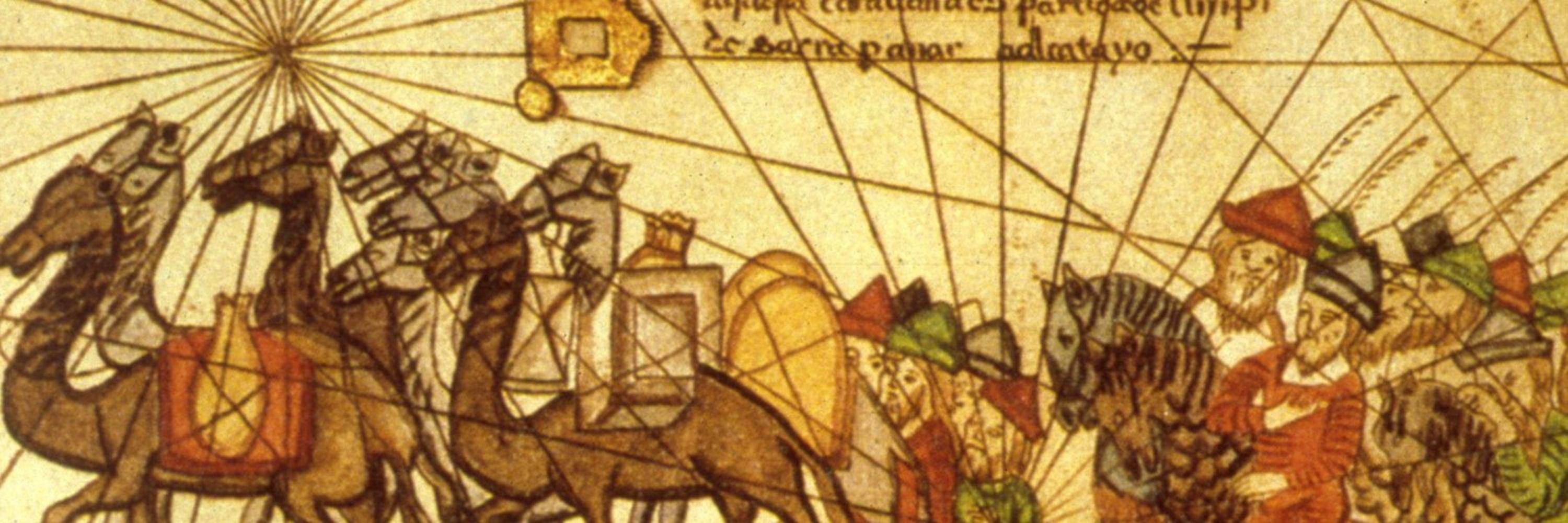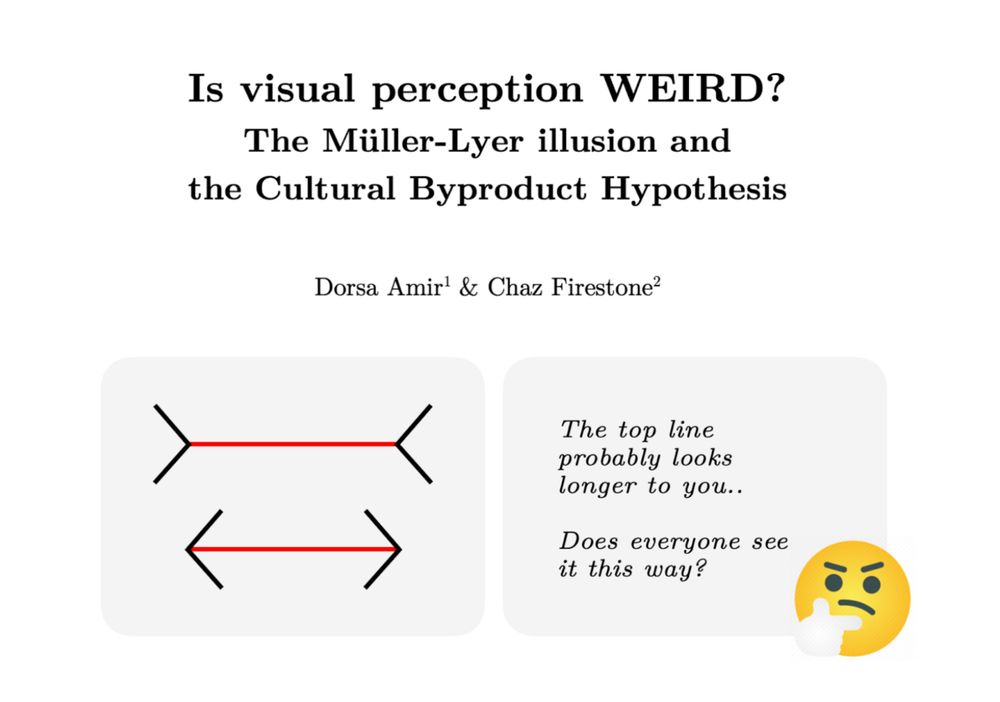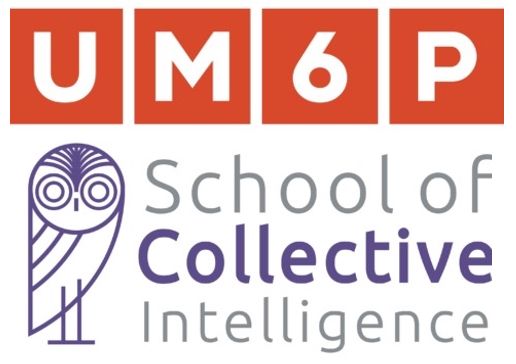
"The Political Economy of Rohingya Mass Violence: The Centrifugal/Centripetal Dialectic of Racial Capitalism"

"The Political Economy of Rohingya Mass Violence: The Centrifugal/Centripetal Dialectic of Racial Capitalism"
Massive thanks to the #CESRabat organising committee:
Sarah Alami (co-chair)
Mathieu Charbonneau (co-chair)
Zachary Garfield
Edmond Seabright

Massive thanks to the #CESRabat organising committee:
Sarah Alami (co-chair)
Mathieu Charbonneau (co-chair)
Zachary Garfield
Edmond Seabright
The book Seshat History of Moralizing Religion explores how cultures from Egypt to India to the Americas linked morality to supernatural reward & punishment.
Learn more & read about the book edited by Jenny Reddish, Peter Turchin and Jennifer Larson: shorturl.at/jUj6m



The book Seshat History of Moralizing Religion explores how cultures from Egypt to India to the Americas linked morality to supernatural reward & punishment.
Learn more & read about the book edited by Jenny Reddish, Peter Turchin and Jennifer Larson: shorturl.at/jUj6m
as it did for the formerly-great America
as it did for the formerly-great America
plato.stanford.edu/entries/psyc...
plato.stanford.edu/entries/psyc...
Open access
www.pnas.org/topic/565
Open access
www.pnas.org/topic/565

What role does witchcraft play in regulating social behavior? New research from @aiyanakoka.bsky.social and Co examines how beliefs in witchcraft and envy shape norms around social conduct in Mauritius👇
www.theguardian.com/us-news/2024...

www.theguardian.com/us-news/2024...
culturalevolutionsociety.org/news-and-eve...

culturalevolutionsociety.org/news-and-eve...

